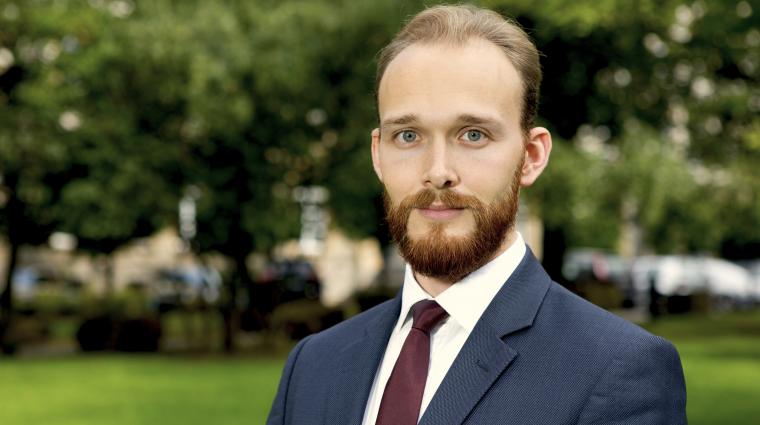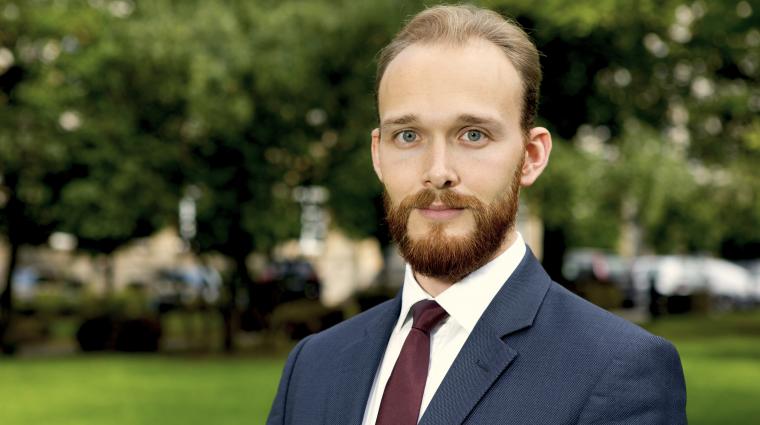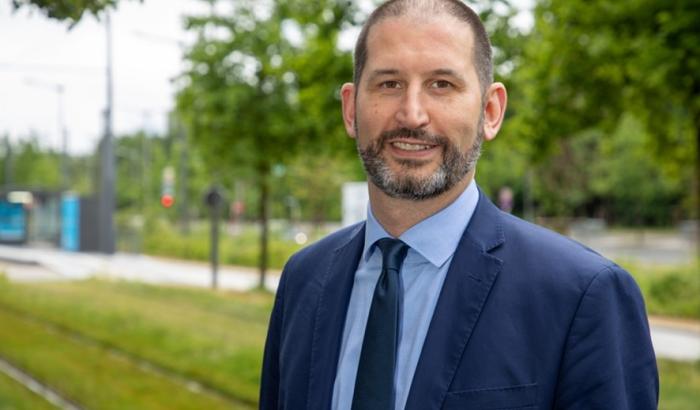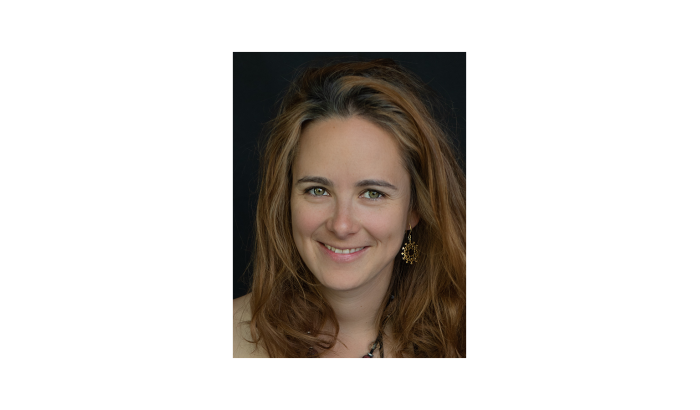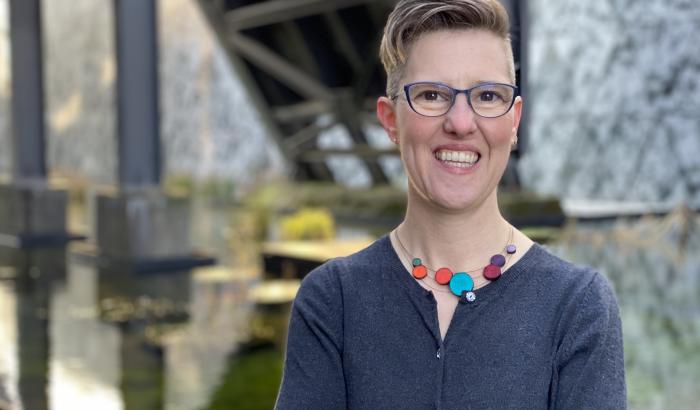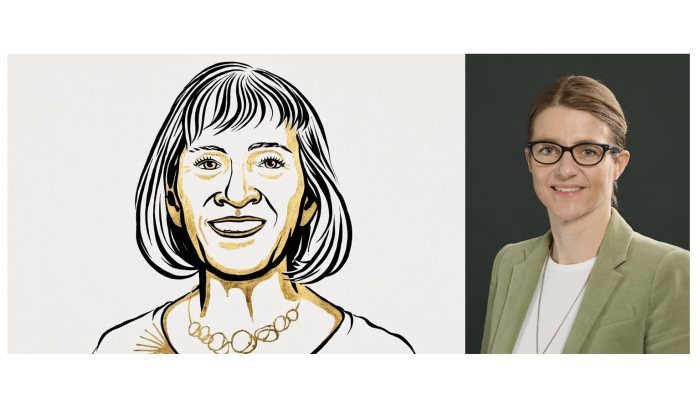(C) MOAST
"Our criminal justice system is overloaded. Too many trials have to be done", says Heleen de Geest, law researcher at the University of Luxembourg. This costs a lot of money. What can be done to improve the situation?
"There are some countries where people or companies can pay a certain amount of money and then the trial will be stopped" explains Heleen de Geest. The advantage: this saves a lot of efforts and money, because trials are expensive. But is this fair? Do people and companies with a lot of money then have more rights than others?
Comparison of trials in different countries
Heleen de Geest looks at these types of trials in different countries and compares them: in Belgium, France, New York and San Francisco. Apart from the theoretical aspect, she does also a lot of interviews with prosecutors, judges, defence lawyers and victims - because theory and practice do not always coincide.
"The aim of my research is to map out how case ending procedures work in practice", she explains. "More in particular whether the efficiency argument can legitimize the ongoing informalization of criminal procedures. Or should we rethink the function of criminal law in our modern society?"
Author: Jean-Paul Bertemes, Heleen de Geest
Video: MOAST
Infobox
The new video series on science.lu: Meet some scientists in their everyday life and discover what their research is about.


